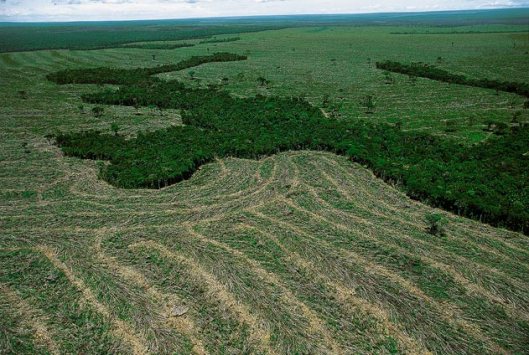
Entrance (Portaria) to Apartment Building in Fortaleza, Ceará, Brazil
When I migrated to Brazil with my husband and two sons in April 1987, Brazil had not long ago emerged from 21 years of military dictatorship rule (1964-1985). As we settled in to make our home there, we did not realize that Brazil had a long way to go before it could address the glaring inequality between the population and the minority upper class that owned and controlled the agricultural lands, major industries, financial institutions, and the media.
During our first week in Fortaleza, we entered a tiny neighborhood mercearia (grocery shop) and boggled at the shelves stuffed with a wide variety of canned, bottled, and other food products. In the stores in downtown Fortaleza, there were no shortages of consumer goods – all Made in Brazil.
Our elation was short-lived. Inflation, like a woodpecker, whittled away at the meager profits of our home-based pastry business. Like the low-paid worker, we could not earn enough to keep pace with the constant price increases of staple and other essential items.
Together with the majority working class, we jostled for survival. Street children and adolescents roamed downtown, major streets, and beach fronts in search of food and whatever they could snatch. They targeted women (myself included) and the elderly. Bandidos (bandits) did not hesitate to kill whenever they encountered resistance. If you had no money, they took your clothing and shoes, leaving you in your underwear. Pistoleiros (gunmen) for hire eliminated enemies and rivals for as little as fifty US dollars.
In the middle and upper class neighborhoods, private security guards manned portarias (guard huts, like the one shown in the above photo) at the entrance of apartment buildings. Houses hid behind high walls, some with signs ‘Cuidado com o Cão’ (Beware of the Dog). To avoid triggering angry responses from guard dogs on the other side of walled residences, I shunned the sidewalk and walked on the street.
I was not familiar with the numerous popular breeds of guard dogs. But one of them was notorious: the Pit Bull. The Pit Bull had arrived in Brazil a year after we did and soon gained a reputation as a beast, capable of brutally killing a person. Cases of such deaths usually hit the headlines of Brazil’s TV Network.
The day a Pit Bull escaped from a yard while I was walking by on the street left me shaken. Before his owner had secured him by his collar, he had snapped at the back of my left calf, ripping my sheer nylon stocking, and leaving red teeth marks.
Brazil is currently debating a law to prohibit the sale and breeding of the Pit Bull as well as sixteen other fierce dogs. A number of Brazilian states have already done so. Owners of Pit Bulls must secure them with collars, chains, and muzzles. Offenders are heavily fined. Imprisonment awaits those whose animals injure or kill their victims.
The Pit Bull was not my kind of companion. I found refuge from the violence stalking the city behind high walls.




